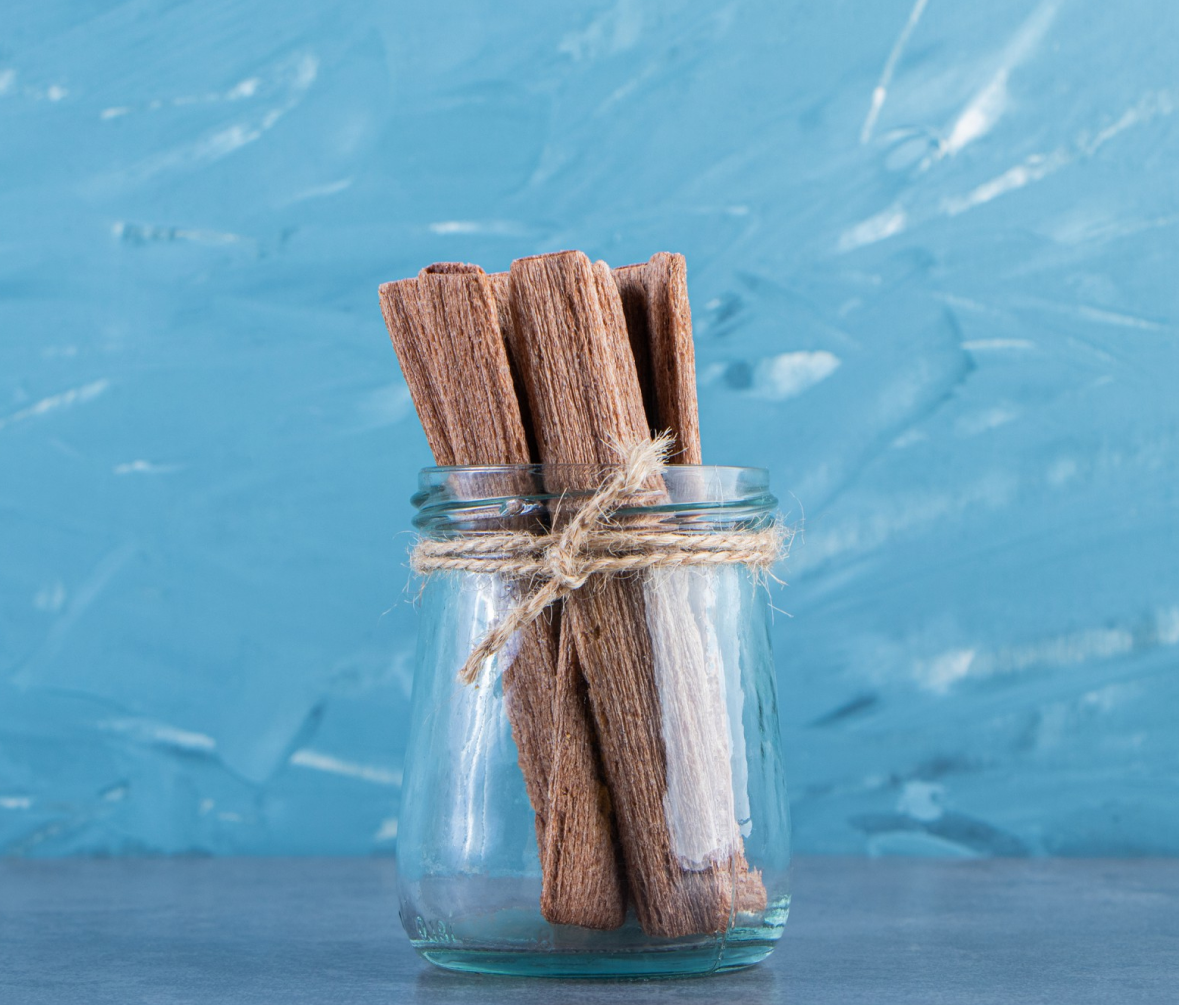White willow bark, derived from the Salix alba tree, has been used for thousands of years as nature's pain reliever [1]. This ancient remedy contains salicin, which the body converts into salicylic acid, the same compound that makes aspirin effective [2]. As you navigate the alcohol reduction journey, managing physical discomfort without relying on harsh medications can be challenging. White willow bark offers a natural solution by gently reducing pain and inflammation, helping your body adapt to your new lifestyle.
The Science Behind White Willow Bark
White willow bark works by naturally managing pain and inflammation in the body, making it a valuable tool for those seeking gentle relief during alcohol reduction. Here's how white willow bark can help:
- Managing withdrawal-related pain. White willow bark blocks the production of prostaglandins, inflammatory compounds that cause pain and swelling [3]. By inhibiting these pain signals, white willow bark helps manage the headaches and body aches that often accompany alcohol withdrawal, making the transition more comfortable without the harsh side effects of synthetic painkillers.
- Reducing systemic inflammation. Studies suggest that white willow bark can significantly reduce inflammatory markers throughout the body [4]. This is particularly beneficial during alcohol recovery, as chronic drinking causes widespread inflammation affecting everything from the liver to the cardiovascular system. The anti-inflammatory properties help calm this systemic response, supporting faster healing.
- Supporting cardiovascular health. White willow bark acts as a mild blood thinner, improving circulation and supporting heart health [5]. By enhancing blood flow, it helps deliver oxygen and nutrients more efficiently to tissues throughout the body, which is crucial for recovery as your cardiovascular system heals from alcohol's effects.
- Protecting digestive health. Unlike aspirin, which can cause stomach irritation and ulcers, white willow bark contains tannins and flavonoids that actually protect the stomach lining [6]. This gentler approach is especially important during alcohol reduction when your digestive system is already sensitive and healing.
- Providing sustained relief. Studies on pain management have shown that white willow bark offers extended relief lasting 4-6 hours [7]. The body slowly converts salicin into salicylic acid, providing steady pain management throughout the day. For those cutting back on alcohol, this sustained relief helps maintain comfort and focus on recovery goals.

Tips for Incorporating White Willow Bark Into Your Routine
White willow bark is versatile and easy to add to your daily wellness routine:
- Start with white willow bark tea. Begin your pain management naturally by steeping 1-2 teaspoons of dried bark in hot water for 10 minutes. This gentle introduction allows you to assess your tolerance while providing soothing relief. Add honey or lemon to improve the slightly bitter taste.
- Take standardized supplements. White willow bark is widely available in capsule or tablet form. Look for standardized extracts containing 15% salicin. Follow the dosage instructions on the supplement label, typically 240-480 mg of salicin per day [8], or consult with a healthcare provider for personalized guidance.
- Time doses strategically. For optimal effectiveness, take white willow bark with meals to enhance absorption and minimize stomach upset. During alcohol withdrawal, consider taking it at regular intervals to maintain consistent pain relief rather than waiting for discomfort to intensify.
- Combine with other natural remedies. For enhanced benefits, combine white willow bark with other recovery-supporting supplements like magnesium for muscle relaxation or turmeric for additional anti-inflammatory effects. These natural remedies work synergistically to support your body during the alcohol reduction journey.
Side Effects and Precautions
White willow bark is generally well-tolerated, but like any supplement, it's important to be aware of potential side effects and precautions:
- Mild side effects. Some may experience mild digestive upset, such as nausea or stomach discomfort, when first starting white willow bark. If this occurs, reduce the dosage or take with food.
- Other supplements. White willow bark shouldn't be mixed with blood-thinning supplements like fish oil or ginkgo biloba, as it may increase bleeding risk. It can also interact with other pain-relief supplements like turmeric or devil's claw, potentially causing excessive anti-inflammatory effects. Avoid combining with aspirin or NSAIDs to prevent compounding blood-thinning effects.
- Pregnancy and breastfeeding. It's best to avoid using white willow bark during pregnancy or breastfeeding due to its blood-thinning properties and limited safety research in these situations [9].
If you have any underlying health conditions, such as bleeding disorders, kidney disease, or aspirin allergies, or are taking medications, consult your healthcare provider before adding white willow bark to your routine.
Summing Up
The pain-relieving and anti-inflammatory properties of white willow bark can be helpful for anyone trying to drink less. By naturally managing withdrawal-related discomfort and reducing systemic inflammation, white willow bark helps you maintain physical comfort during challenging transitions. The gentle, sustained relief it provides makes it easier to focus on recovery goals without relying on harsh medications. This makes white willow bark a valuable ally in managing physical symptoms, reducing cravings triggered by discomfort, and building resilience throughout your alcohol reduction journey.













